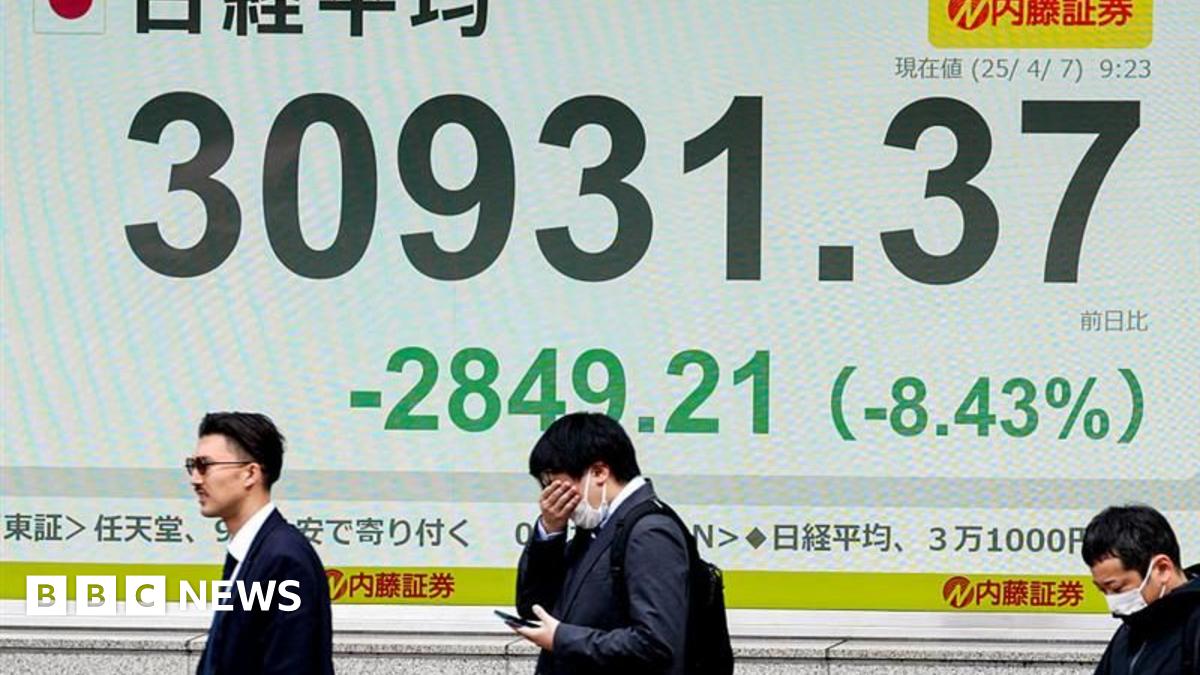US Tariffs: Trump's 'Medicine' Backfires – A Bitter Pill for American Consumers
Donald Trump's administration implemented a series of tariffs on imported goods, aiming to bolster American industries and renegotiate trade deals. While the stated goal was to protect American jobs and reduce the trade deficit, the impact has been far more complex and, for many, decidedly negative. Instead of a cure, the tariffs have proven to be a bitter medicine, leaving many American consumers and businesses feeling the burn.
The Initial Rationale: A Protectionist Stance
The core argument behind the tariffs was straightforward: protect American businesses from unfair competition, primarily from China. The Trump administration argued that these tariffs would level the playing field, encourage domestic production, and ultimately strengthen the US economy. Specific sectors targeted included steel, aluminum, and a wide range of consumer goods. The strategy was rooted in a protectionist approach, prioritizing domestic industries over free trade.
The Unintended Consequences: A Ripple Effect of Harm
However, the reality has been far more nuanced. While some American industries did experience a temporary boost, the overall economic impact has been widely debated. The tariffs haven't just impacted the targeted industries; they've rippled through the entire supply chain, leading to:
- Increased Prices for Consumers: The most immediate consequence has been a rise in the price of goods, affecting everything from cars and appliances to everyday household items. This inflationary pressure has disproportionately affected low- and middle-income families.
- Reduced Consumer Spending: Higher prices naturally lead to reduced consumer spending, impacting overall economic growth. This slowdown counters the intended positive effects of the tariffs.
- Retaliatory Tariffs: Other countries retaliated with their own tariffs on American goods, leading to a trade war that harmed both American exporters and international trade relations.
- Job Losses: While some sectors saw job gains, others, particularly those reliant on imported materials, experienced job losses. The net effect on employment remains a subject of ongoing debate and economic analysis.
- Supply Chain Disruptions: The tariffs complicated international supply chains, causing delays and increased costs for businesses. This negatively impacted productivity and efficiency.
Beyond the Economic Impact: Geopolitical Ramifications
The impact of the tariffs extends beyond simple economics. The trade war initiated by these policies strained relationships with key trading partners, undermining international cooperation and potentially harming long-term economic growth. This has significant implications for global stability and US foreign policy.
The Verdict: A Costly Experiment?
The long-term consequences of Trump's tariff policy are still unfolding. While some argue that certain sectors benefited, the overall economic impact appears to have been negative for many Americans. The increased prices, reduced consumer spending, and retaliatory tariffs have all contributed to a complex and arguably detrimental economic environment. The "medicine," it seems, has proven more harmful than helpful. Economists continue to analyze the data and debate the true cost of this protectionist experiment. Further research is needed to fully understand the long-term effects of these policies on the US economy and global trade.
Further Reading:
Call to Action: What are your thoughts on the impact of Trump's tariffs? Share your opinions in the comments below!

